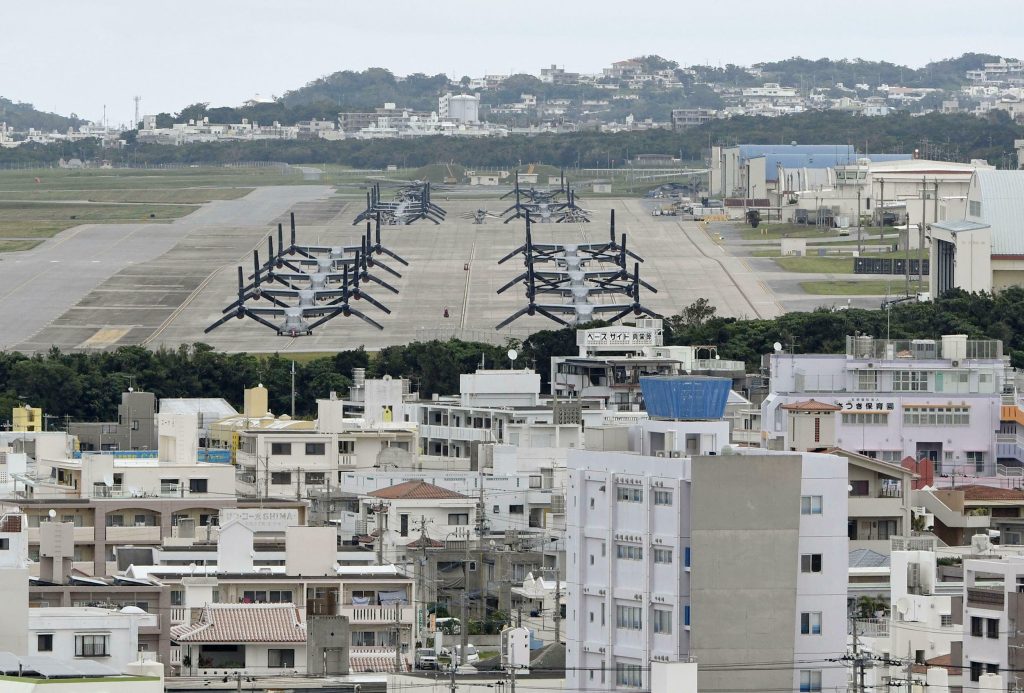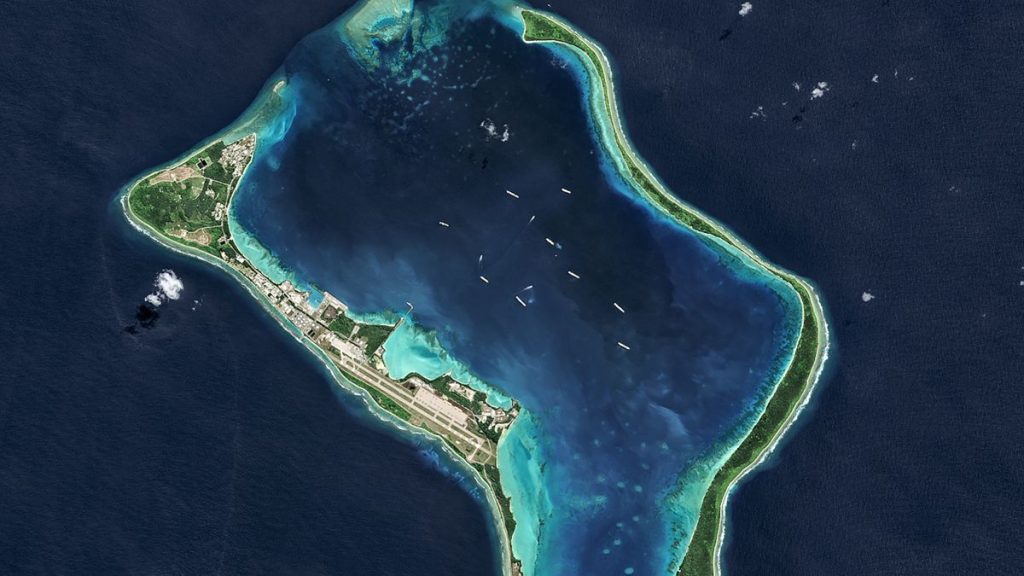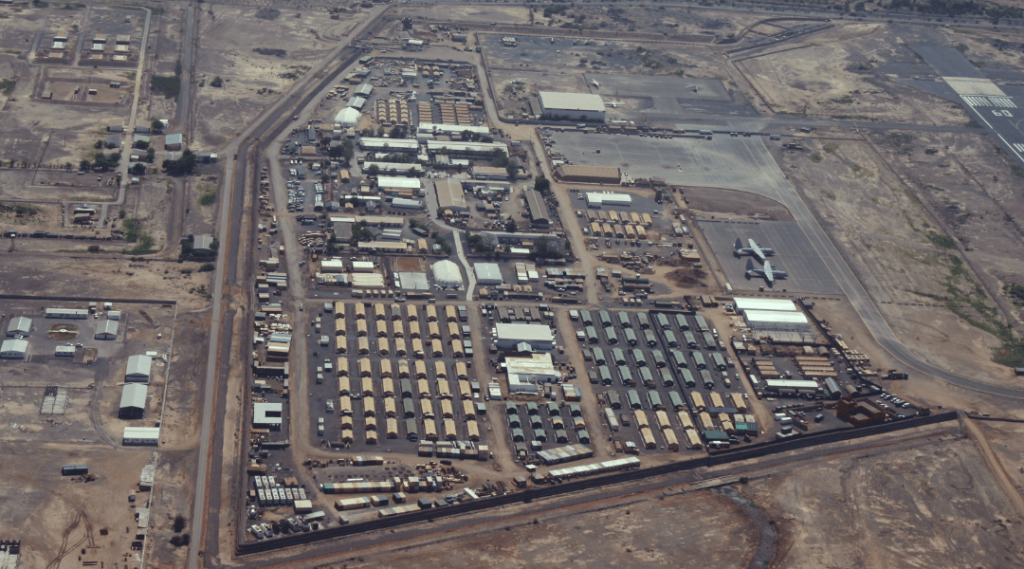How the proliferation of U.S. military bases worldwide has harmed the environment and health of different populations and contributed to the greater U.S. carceral state.
by: Hunter Potts

Kyodo via AP Images
Colonialism, Imperialism & Militarism

The United States currently operates hundreds, possibly thousands, of military bases, with some hundreds of thousands of personnel, in foreign nations (Nyden; Ramsey). Though in an age after The Age of Imperialism, we still see a number of colonialist ideals exhibited in the current U.S. military state abroad. From the Americas, throughout Africa, all the way to Asia and elsewhere, the U.S. military state has expanded its scope and power. This has led to a lacking sense of sovereignty and self-determination among many populations forced to live around these bases. With puppet governments, U.S. influence in local politics, and violence carried out against local populations (Nyden), these bases make their case as modern instruments of colonial oppression.
The Environmental Cost of
Overseas Bases
Environmental regulations of U.S. bases at home and abroad could not differ much greater than they currently do. With zero legislation specifically regulating the environments surrounding overseas military bases, the U.S. has brought with it many environmental disasters and great destruction worldwide. While overseas bases in recent years have adopted more positive environmental policies such as recycling, many past contaminated sites are seeing no progress in environmental cleanup. Concerns over environmental destruction by U.S. military bases has led to backlash from environmental activists as well as host countries’ governments. Still, legislation in this area remains minimal (Lindsay-Poland & Morgan).

Diego Garcia
Diego Garcia is a small island in the Indian Ocean controlled by England and featuring a large U.S. Navy and Air Force base. Much of the Native Chagossian population was displaced by the British in the mid 1900’s, and the current occupants face much restriction on their movement in and out of the island (Ramsey).
There have been questions of the environmental impact of the U.S. base on the island, with some even arguing that the base considers itself a nature reserve in an attempt to “greenwash” the questionable military acts committed there (Harris).

Camp Lemonnier, Djibouti
The Djibouti and U.S. governments made a deal in 2001, allowing the U.S. to build a military base and control a large amount of land in the East African nation. The original purpose of the base was for the U.S. to have a foothold in the region to help fight terrorist groups and give back to the nation and its people. According to many citizens, and even some senior governmental officials of Djibouti, the returns have been minimal. Still stuck in poverty, facing high inflation and bad health statistics, many are doubting the effectiveness of the base in its original goals (Fineman).

Tallil Air Base, Iraq
The Tallil Air Base was an overseas U.S. base in Iraq which has since been converted into an airport. The area which had been affected by both war and military testing had become a site for growing adverse health effects. One study found that populations in the area were born with a higher risk of congenital anomalies and boast high levels of uranium and thorium in their bodies (Savabieasfahani et al.). It is not hard to understand why such a place has been shut down.

Okinawa
More than 70% of the United States’ Japanese military bases are located on the island of Okinawa. The Westernization which accompanies these military bases has affected diets in the surrounding populations, causing an uptick in Okinawa’s consumption of junk foods. This along with lax environmental regulations of these bases has led a number of adverse health and environmental effects in the region (Tokuda & Barnett).
The island has featured protests from the local population against the expansion and maintenance of U.S. bases on the island. One of the largest demonstrations of recent years took place when an American stationed in Okinawa was accused of raping and killing local Okinawan woman, Rina Shimabukuro. This, unfortunately, is not a new phenomenon, with similar crimes committed by American personnel tracing back to at least the mid-1990’s (Kennedy).